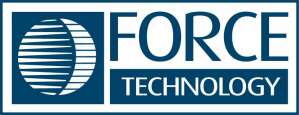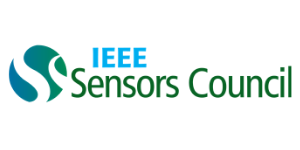The primary drawback of spyware is that it can collect personal data without the user’s knowledge. This can include data such as web browsing history, passwords or credit card information that could be used to facilitate unauthorized shopping or money withdrawals. It also monitors online activity and gathers the computer’s Internet and local network settings to control how the machine is used.
This can be accomplished in a number of ways such as installing additional software on the device or changing the dynamically linked library which is the way applications are connected to the Internet. Spyware may also cause other issues, ranging from a multitude of pop-up ads to connectivity issues that are difficult to identify. It may even modify the security settings of a PC to let in more malware.
Spyware is able to hog system resources, consuming memory, CPU power and disk space. This can lead to slow and unresponsive applications and even system crashes. It also allows for the theft of private information and redirect users to unwanted websites.
Through education about the dangers of spyware, people can reduce the risk. They should avoid downloading programs from suspicious websites, and read all the specifics of the agreement prior to signing any software download, and do not click on links within pop-up window, as they might install spyware. Also, they should make sure to use strong passwords for all accounts and not recycle passwords for multiple applications. They should also regularly scan their computer for spyware and upgrade their security.









